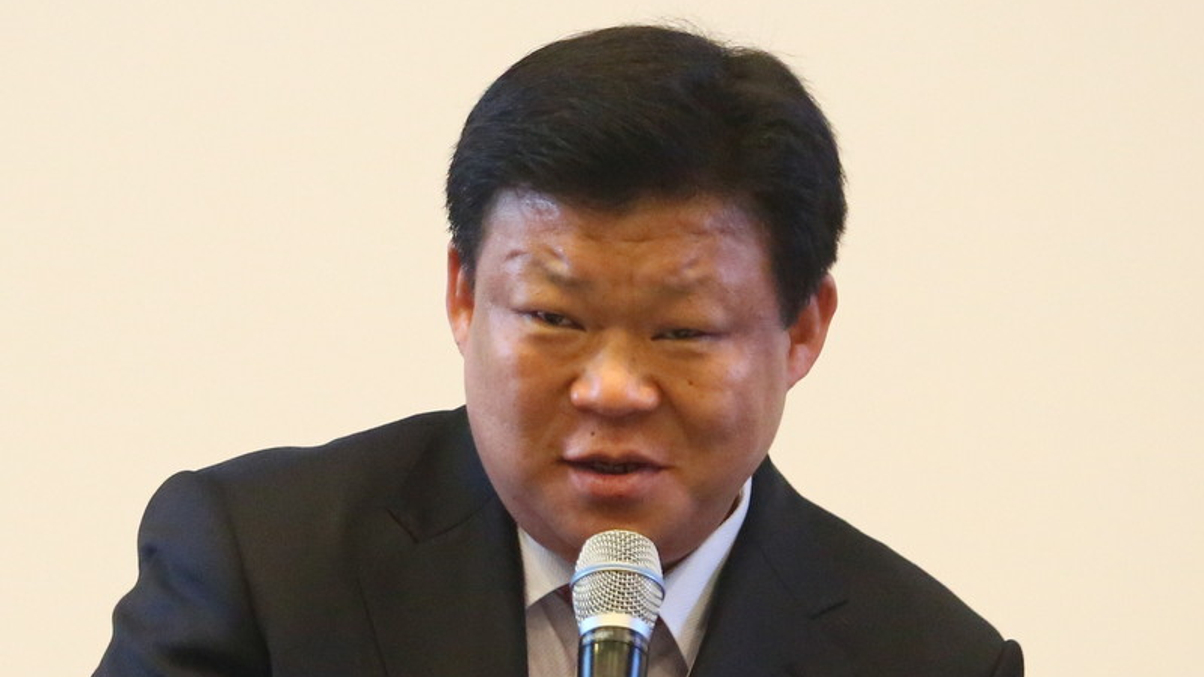Korean asset owners reveal outsourcing priorities
They explain the factors that determine why they choose one manager over another as they look to step up allocation to global markets and alternative assets.

Korean asset owners are increasing their qualitative assessment of external managers as they move into global and alternative markets, in part to avoid time constraints in the traditional due diligence process.
Sign in to read on!
Registered users get 2 free articles in 30 days.
Subscribers have full unlimited access to AsianInvestor
Not signed up? New users get 2 free articles per month, plus a 7-day unlimited free trial.
¬ Haymarket Media Limited. All rights reserved.


